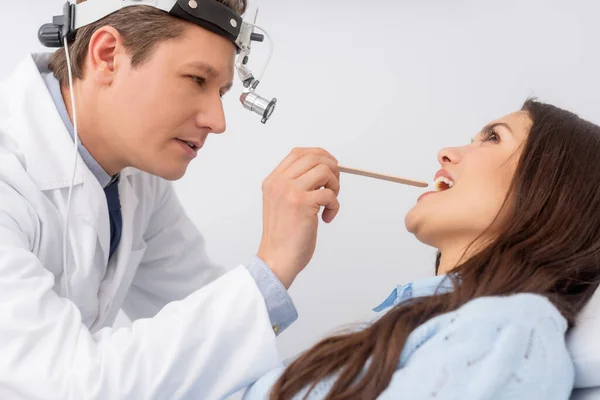The term nasal obstruction los angeles might bring to mind specialists dealing with nose blockages. However, otolaryngologists – the experts behind this term – do so much more. They are also critical in treating thyroid disorders. These health professionals have a key role, one that may go unnoticed. Today, we’ll shed some light on their crucial work.

Understanding Thyroid Disorders
Thyroid disorders can range from a small, harmless goiter that needs no treatment to life-threatening cancer. Most common thyroid problems involve abnormal production of thyroid hormones. They can cause a vast range of symptoms, from fatigue and weight gain to increased heart rate and nervousness.
Otolaryngologists and Thyroid Disorders
Otolaryngologists have a critical role in diagnosing and treating these disorders. Their training in the complex anatomical area of the neck makes them well-equipped to manage thyroid conditions. They can identify symptoms, carry out necessary diagnostic tests, and advise on the best course of treatment.
Comparison: Otolaryngologists Vs. Other Specialties
While endocrinologists and general physicians also diagnose and treat thyroid disorders, otolaryngologists bring unique expertise to the table. Let’s consider a comparison:
| SPECIALTY | TRAINING | AREA OF EXPERTISE |
| Otolaryngologists | Specialized training in ear, nose, and throat disorders, as well as conditions of the neck including the thyroid. | Diagnosing and treating thyroid disorders, performing surgery if necessary. |
| Endocrinologists | Specialized training in hormonal disorders. | Diagnosing and managing thyroid disorders, usually not involved in surgical treatment. |
| General Physicians | Broad training in various medical fields. | Identifying symptoms of thyroid disorders, often referring patients to specialists for treatment. |
This table highlights the unique skills otolaryngologists bring to thyroid care. Their understanding of the complex neck anatomy, coupled with their surgical training, allows a comprehensive approach to thyroid disorders.
Conclusion
It’s clear otolaryngologists play a vital role in treating thyroid disorders. While they may first spring to mind when thinking of conditions like nasal obstruction, their expertise extends much further. Recognizing their contribution helps us appreciate the many professionals making our healthcare system work.

